Blockchain for Supply Chain Management Explained 2025
 Denwigwe Blossom
Denwigwe BlossomBlockchain for Supply Chain Management Explained 2025
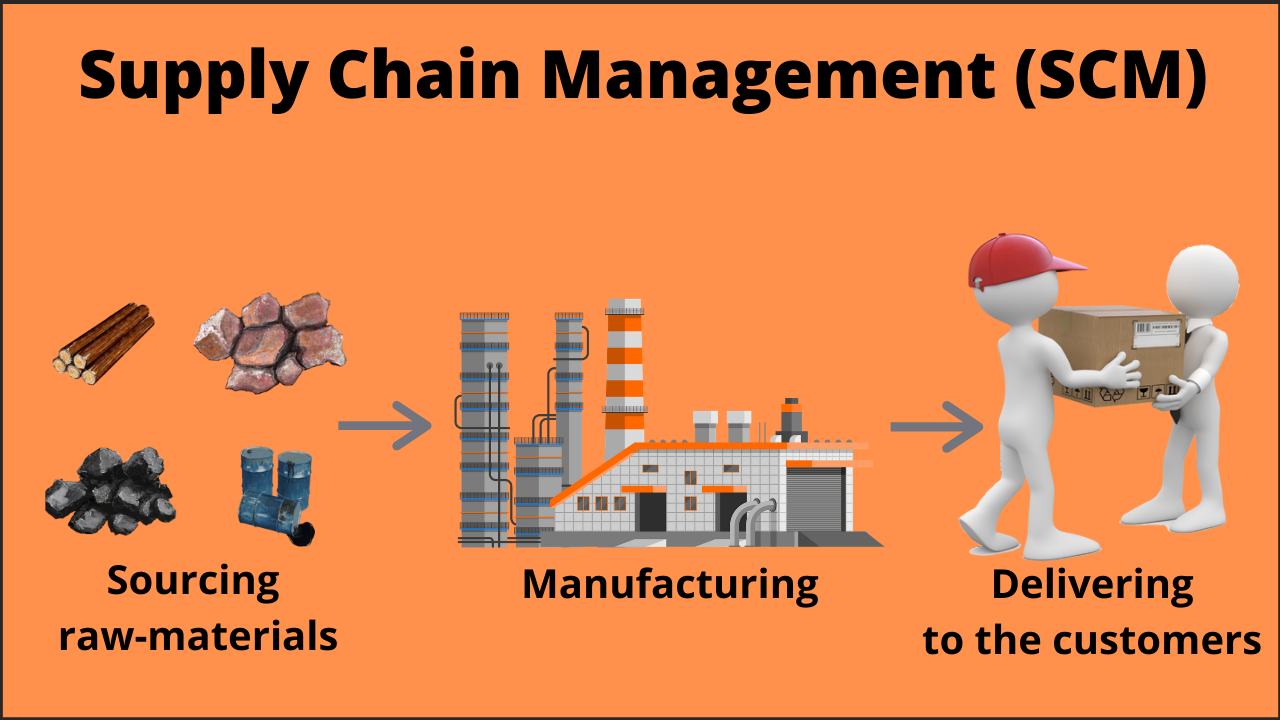
Leveraging Blockchain for supply chain management has proved efficient, as several companies continuously find better ways for businesses to track, verify, and secure their transactions. The blockchain's several characteristics, including its decentralized and immutable nature, offer unprecedented transparency, efficiency, and trust in supply chain processes.
Suppose you're at your local coffee shop, savoring your morning latte, and then you cast your imaginations upon the beans used in your coffee and how they were sourced from a small farm in Colombia. You might ask questions like, "Were these coffee beans ethically grown and fairly traded?"
Meanwhile, the milk in your latte has traveled from a dairy farm to the processing plant and finally to the coffee shop, which should also prompt questions like "Was this milk kept at the right temperature throughout its journey to ensure its freshness?"
Finally, as you bite your pastry, you might be concerned about food safety, wondering if the pastry was free from any contamination risks."
The journey of goods—from ethically sourced coffee beans and farm-fresh milk to delicious pastries—can be complex. Blockchain technology creates a transparent and trustworthy record of each transaction, ensuring that every product, from its origin to the consumer, meets the highest standards of quality and ethics.
Why Is Blockchain In Supply Chain Management?
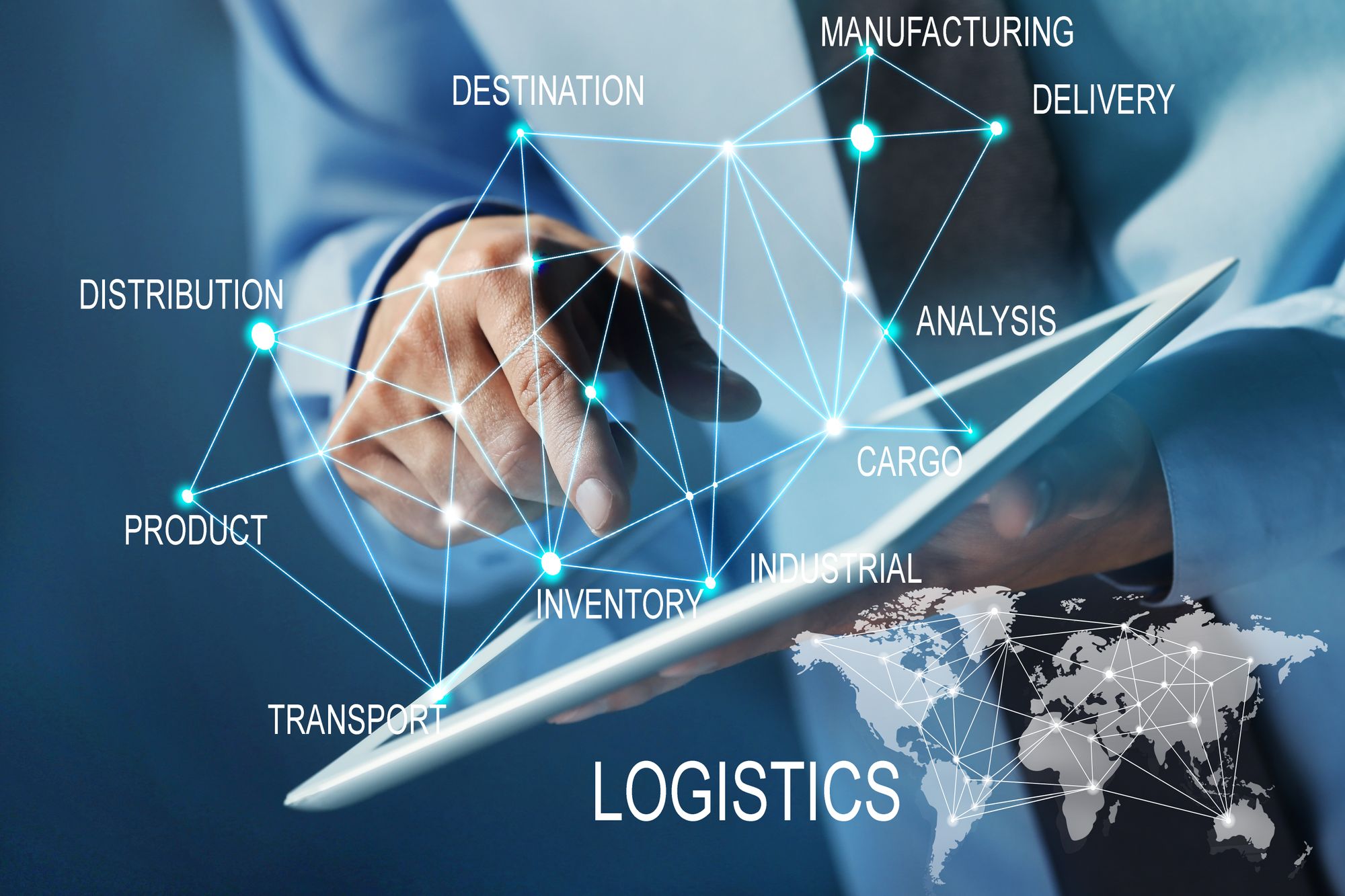
Blockchain in supply chain management refers to using Distributed Ledger Technology (DLT) to ensure the traceability and transparency of transactions within a supply chain. DLT is trusted, immutable and efficient, so several companies prefer it as an alternative to traditional tracking methods.
Permissioned blockchains are usually used for supply chain management, as they guarantee that only relevant corporations or guest members can access stored information. All transactions are usually recorded within blocks of the chain, creating a transparent and trustworthy database for all exchanges and transactions between various parties.
As with the blockchain, once these records are made, they cannot be changed, and other members will see any attempt to alter the existing records since all records are distributed over several computers in real time. With blockchain in supply chain management, issues like fraud and fake goods are addressed, while efficiency is increased as goods are tracked in real time as they move through the supply chain.
Blockchain is great for managing supply chains. It helps check if products are real and track them from start to finish, ensuring storage conditions are met. This technology makes data trustworthy and easy to audit, catching any mistakes or fraud.
Smart contracts in the blockchain can automatically process payments when items are delivered in good condition, improving cash flow. An interesting use is tokenized assets, where digital tokens verify the ownership of physical or digital assets like gems or real estate. Companies also use blockchain-connected scanners that read barcodes or RFID tags. These scanners send information to the blockchain, allowing precise tracking of an item’s journey through the supply chain.
Understanding the Meaning of Blockchain for Supply Chain Management
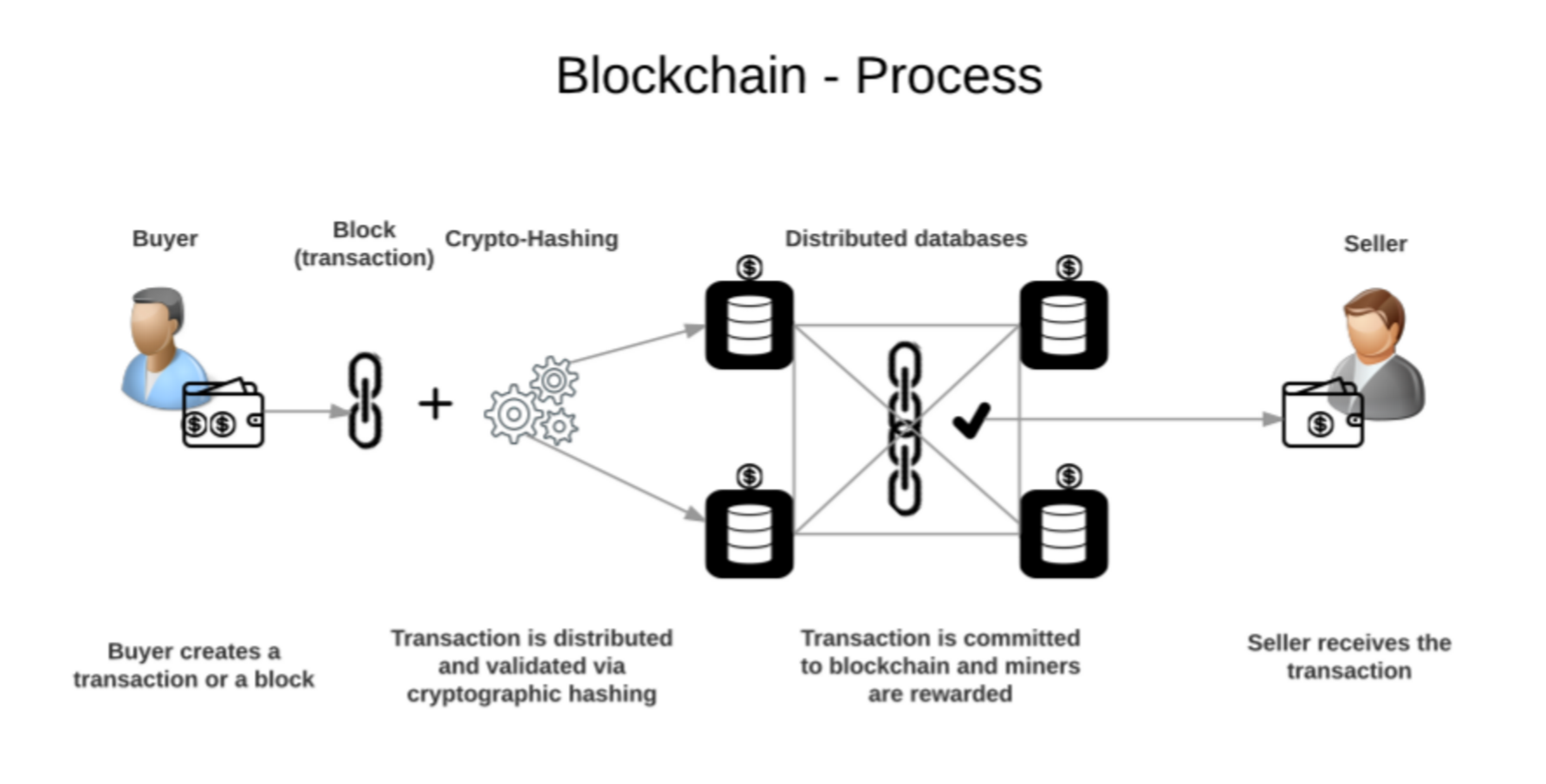
Before discussing the specifics of blockchain for supply chains, let's first understand how blockchain works. Blockchain consists of blocks of records linked together and stored in multiple locations (computers), creating an unchangeable ledger that authorized parties can read. Any attempts to alter the records are easily detected, ensuring that the data in a blockchain is trustworthy.
Now, consider how blockchain can benefit your supply chain. For example, procurement managers go through numerous steps while tracking goods and services, often involving multiple parties at different locations. If each party updates a blockchain as they perform their tasks, it ensures transparency throughout the process. Blockchain's accuracy and security ensure everyone is on the same page and relies on the same information, minimizing disruptions and errors. If something goes wrong, it's easy to pinpoint when and where the issue occurred.
Also Read – How to Build a Solana Trading Bot
The Supply Chain Landscape before the Blockchain Solution
Before the COVID-19 pandemic, people were used to getting their deliveries within two hours. When the pandemic disrupted this, everyone realized how complicated supply chains are. Suddenly, household items like toilet paper and mobile phones were delayed, making us all more aware of supply chain issues. While there was an increased focus on technology, supply chains still faced numerous problems. These ranged from political issues and cyberattacks to natural events like droughts that affected shipping and stock shortages due to global warming. These disruptions forced companies to rethink managing their supplies, including sourcing, making, delivering, and returning products.
Executives began focusing on three main areas: predicting supply chain risks, tracking environmental and social impacts, and building trust in a complex network. Improving these areas aimed to make supply chains more transparent and reliable. Blockchain has proved to be a worthy solution for addressing these problems.
Why Use Blockchain for Supply Chain Management?
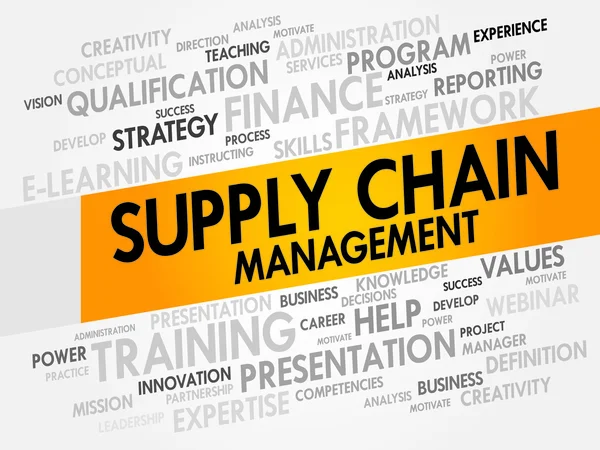
Blockchain is perfect for supply chains because it keeps a secure and unchangeable record of transactions. This makes tracking and verifying goods easier as they move through the supply chain. It ensures security and traceability while providing accessible information to everyone involved, minimizing common supply chain problems like late updates, miscommunication, and faulty authentication.
Blockchain can help prevent fraud and errors, reduce paperwork, improve cash flow with automated payments, and reliably track goods from production to delivery. Overall, it's a valuable investment in making supply chains more efficient and trustworthy.
Key Benefits of Blockchain for Supply Chain Management
Blockchain technology brings significant advantages to supply chains, offering transparency, security, traceability, and visibility. These benefits directly and indirectly reduce risks and connect various stakeholders involved in the supply chain process. Some of these benefits are explained below;
Enhanced Traceability: As Ginni Rometty, former CEO of IBM, said, "Anything that can be conceived of as a supply chain, blockchain can vastly improve its efficiency.” Blockchain's public ledger tracks a product's journey from start to finish. By recording transactions in a single ledger accessible to all stakeholders, blockchain maximizes visibility and ensures transparency at each stage of the supply chain. This enhanced traceability guarantees that records remain unaltered and provide real-time updates on delays, damage, or other issues, enabling quick recovery plans.
Smart Contracts in Supply Chains: Vitalik Buterin, co-founder of Ethereum, noted, "The blockchain does one thing: It replaces third-party trust with mathematical proof that something happened." Blockchain's ledger allows stakeholders to see when each step of the process occurred, which can be integrated with smart contracts. These smart contracts automatically execute actions specified in the contract once certain terms and conditions are met. Blockchain with smart contracts reduces disputes over milestones and contract terms, streamlining supply chain operations.
Supply Chain Security: Marc Kenigsberg, a blockchain advocate, stated, "Blockchain is the tech; Bitcoin is merely the first mainstream manifestation of its potential." Blockchain addresses security concerns through one-way hashing and recording transactions on multiple systems, making data virtually unchangeable. One-way hashing creates a unique signature stored with the public ledger's data. Any changes to the data result in mismatched signatures when the hash is recalculated, alerting blockchain owners. If both the hash and data are altered, discrepancies among the ledgers will indicate tampering. With at least three public ledgers maintained, altering all copies is challenging.
Additionally, timestamps are embedded into the hash and linked to previous blockchain entries, making it nearly impossible to falsify ledger records. This optimized authentication limits real-world security risks like supply theft and substituting counterfeit items.
The Role of Blockchain in Supply Chain Management

Blockchain has the potential to transform supply chain management by offering unparalleled transparency, accountability, and an unalterable record of transactions. For instance, a smart contract can automatically release payment to a shipping company once the delivery is confirmed at the specified location.
Logistics and Shipping: Blockchain enables a transparent and secure method to track goods from initial packing to transit through various hubs and warehouses. This level of end-to-end tracking is crucial, especially for global stakeholders. Companies like FedEx and UPS are exploring blockchain to enhance transparency and efficiency in their shipping processes. For sensitive materials such as medications, blockchain provides faster and more secure monitoring than traditional methods, ensuring that items are stored at the correct temperature and not replaced with counterfeit goods.
Healthcare: The healthcare industry faces unique supply chain challenges, such as managing regulated materials like prescription drugs and ensuring specific shipping conditions, including refrigeration. Blockchain provides a rapid and secure way to verify these requirements are met from production to delivery. Medical devices and materials sourced globally can leverage blockchain to streamline reporting on complex shipping processes and ensure compliance with regional laws and regulations.
Manufacturing: Manufacturing involves intricate supply chains that often have single points of failure. By using blockchain, suppliers can verify and track the movement of goods, managing this complexity more effectively. Blockchain offers visibility and traceability that conventional tracking systems lack, reducing the diversion of materials and counterfeits while ensuring compliance with standards. Smart contracts that trigger payments upon reaching milestones strongly incentivize stakeholders to participate.
Challenges of Blockchain for Supply Chain Management

Blockchain technology can greatly enhance supply chains, but several challenges must be addressed for successful implementation.
High Costs: Implementing blockchain can be expensive. The technology requires significant investment in infrastructure, software, and training. Small and medium-sized businesses might struggle with the high costs associated with blockchain adoption.
Complex Integration: Integrating blockchain into existing supply chain systems can be complex. Many companies already use various technologies, and adding blockchain requires seamless integration to avoid disruptions. This process can be time-consuming and requires substantial technical expertise.
Scalability Issues: Blockchain systems can face scalability challenges as the number of transactions increases. Processing a large volume of transactions can slow down the system, affecting efficiency. Finding solutions to make blockchain scalable for extensive supply chains is crucial.
Data Privacy Concerns: While blockchain offers transparency, it can also raise privacy concerns. Sensitive information about transactions and stakeholders is recorded on the blockchain. Ensuring this data is secure and accessible only to authorized parties is a critical challenge.
Regulatory Uncertainty: The regulatory environment for blockchain technology is still evolving. Different countries have varying regulations, which can create uncertainty for businesses looking to implement blockchain in their supply chains. Navigating these regulatory challenges is essential for widespread adoption.
Limited Understanding: Many stakeholders in the supply chain may have limited understanding of how blockchain works. This lack of knowledge can lead to resistance to adoption and hinder successful implementation. Educating stakeholders about the benefits and functionality of blockchain is necessary to overcome this challenge.
Blockchain for Supply Chains Management: Case Study
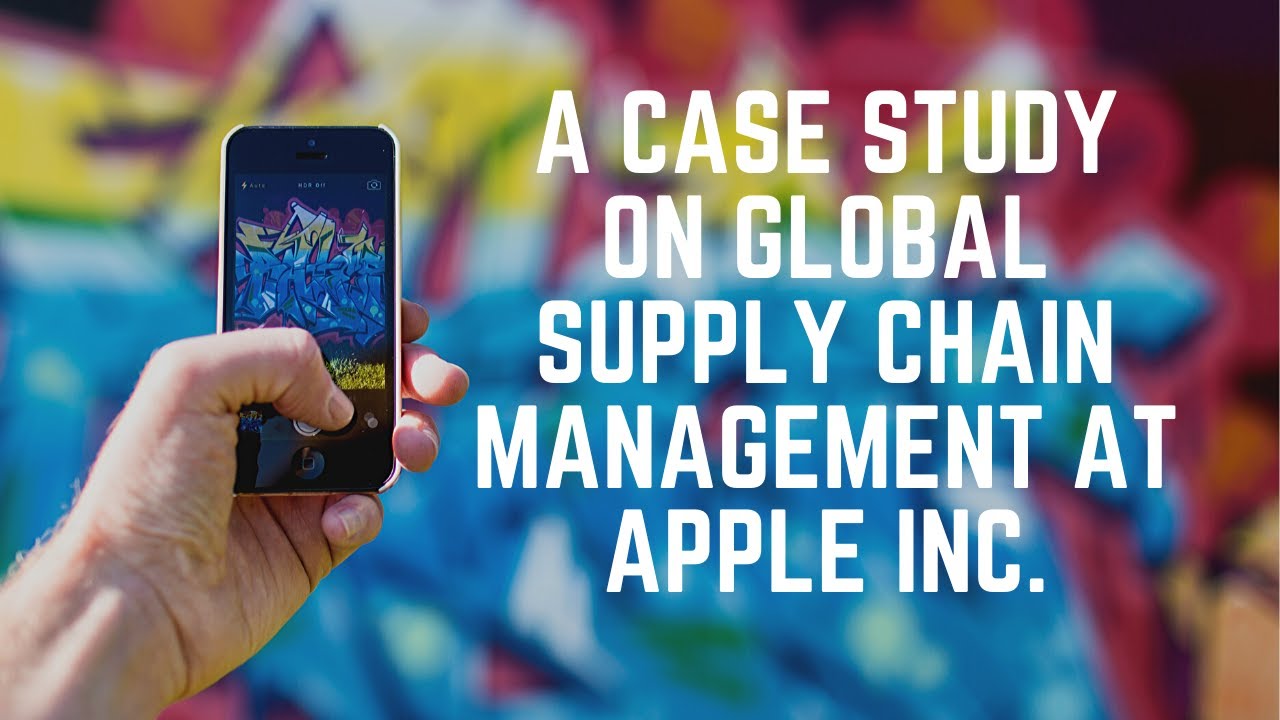
Walmart and IBM: Revolutionizing Food Supply Chains with Blockchain
Walmart, one of the world's largest retailers, faced significant challenges in managing its complex food supply chain. Ensuring the freshness and safety of food products while tracking their journey from farm to store was daunting. Walmart partnered with IBM to implement a blockchain-based solution to address these challenges.
The collaboration resulted in developing a real-time blockchain platform that tracks food products' journeys. The platform records data at every stage—from the farm through processing and transportation to the store shelves. It ensures transparency and traceability throughout the supply chain.
At Coinplify, we help you integrate blockchain into your supply chains by leveraging various innovative tools. While there are rapid developments with blockchain, we provide tier-1 blockchain services to help you stay competitive regardless of any circumstance.
Blockchain Supply Chain Management Companies
Other companies leveraging blockchain for supply chain management include;
- Walmart
- FedEx
- British Airways
- DHL
Conclusion
Using blockchain in supply chain management can revolutionize business operations. It enables real-time tracking of goods and reduces fraud, making processes more efficient and cost-effective.
Blockchain also improves collaboration among all supply chain participants, promoting a more sustainable and ethical supply chain. While challenges such as scalability and regulations exist, working together and adopting a common framework can overcome these hurdles.
Our blockchain development services offer a complete range of solutions—from consulting and smart contracts to full blockchain integration. We provide custom solutions tailored to your supply chain needs, leveraging our expertise and innovative approach to tackle challenges and scale your business.
Get in touch with a Coinplify expert today!